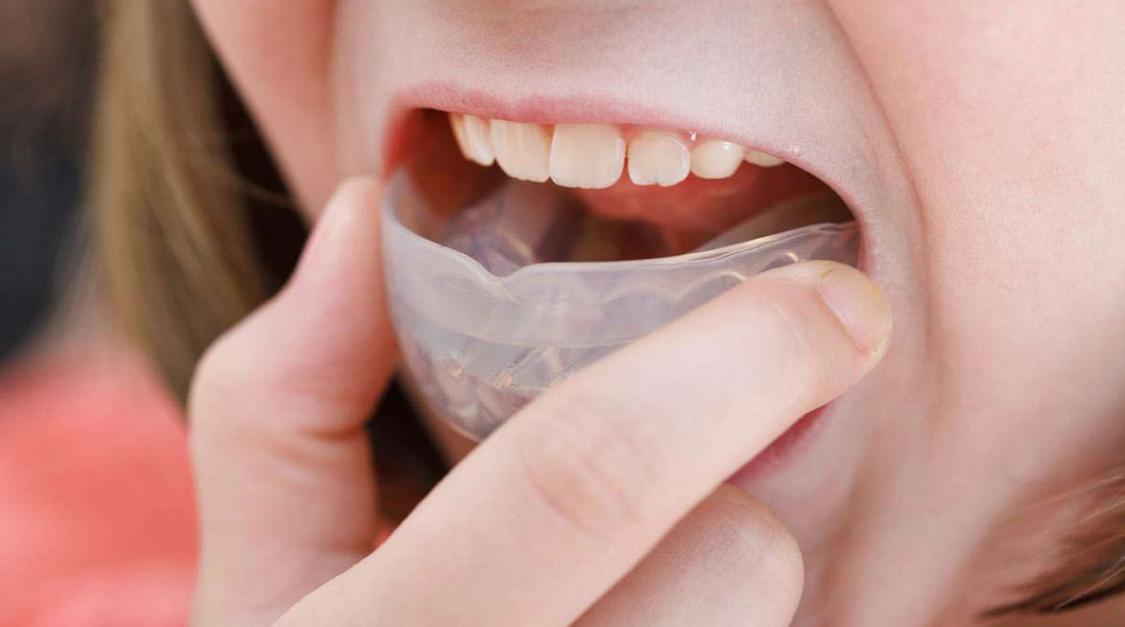Sleep apnea is a common condition characterised by interruptions in breathing during sleep, often leading to poor sleep quality and various health complications. While continuous positive airway pressure (CPAP) machines are widely used for treatment, many individuals seek alternatives. One effective option is a dental appliance for sleep apnea. These devices can significantly improve sleep quality and overall health.
Understanding Dental Appliances
Dental appliances, also known as oral appliances or mandibular advancement devices, are custom-made devices designed to reposition the jaw and tongue. By maintaining an open airway during sleep, they reduce the frequency and severity of apnoea events. Unlike CPAP machines, which can be cumbersome, dental appliances are more portable and often more comfortable for users.
Types of Dental Appliances
- Mandibular Advancement Devices (MADs)
MADs are the most commonly prescribed type of dental appliance for sleep apnea. They work by gently moving the lower jaw (mandible) forward, which in turn helps to keep the airway open. These devices are typically made from acrylic and are custom-fitted by a dentist. They can be adjusted to achieve optimal comfort and effectiveness.
- Tongue Retaining Devices (TRDs)
TRDs are another type of oral appliance that focuses on keeping the tongue in a forward position. This helps to prevent the tongue from obstructing the airway during sleep. TRDs may be less commonly used than MADs but can be a suitable option for individuals who may not tolerate jaw advancement.
- Hybrid Devices
Some patients may benefit from hybrid devices that incorporate features of both MADs and TRDs. These appliances can provide a customised solution for individuals with specific needs and may be particularly useful for patients with complex sleep apnoea.
Benefits of Dental Appliances
The primary advantage of using a dental appliance for sleep apnea is the improvement in sleep quality. Patients often report feeling more rested and alert after using these devices. Additionally, they are more convenient for travel and easier to use than CPAP machines, which can be bulky. Dental appliances can also have fewer side effects compared to other treatments.
Conclusion
Dental appliances offer a viable alternative for those suffering from sleep apnea. By maintaining an open airway, these devices can enhance sleep quality and overall health. Whether opting for a mandibular advancement device or a tongue-retaining device, consulting with a dental professional is crucial to finding the right solution tailored to individual needs. With the right appliance, restful nights and brighter days are within reach. Consider exploring a dental appliance for sleep apnea today for a healthier tomorrow.

